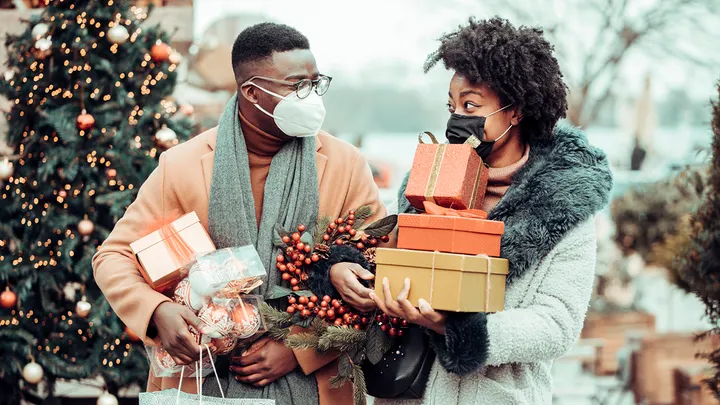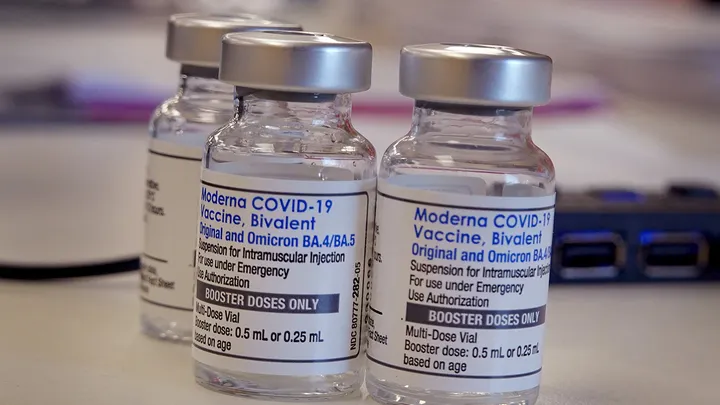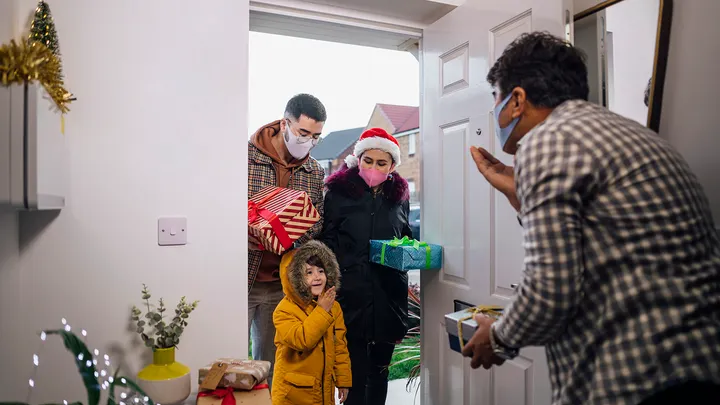As the United States gears up for the fourth holiday season since the onset of the COVID-19 pandemic, a recent study indicates that concerns about the virus and preventative measures have taken a back seat for many Americans. According to the latest COVID-19 Vaccine Monitor survey by the Kaiser Family Foundation (KFF), the majority of U.S. adults are not anxious about the spread of COVID-19 or implementing precautions during the upcoming holidays. The study also highlights a significant portion of the population opting out of the latest COVID-19 vaccine, suggesting a shift in attitudes toward the virus.

The KFF survey reveals that approximately half of the adults surveyed expressed no intention of receiving the newest COVID-19 vaccine released this fall. Notably, three in 10 of those adults had previously been vaccinated against the virus. While 25% of respondents plan to get the latest vaccine, only two in 10 adults have already taken this step. The survey identifies Democrats and individuals aged 65 and older as the most receptive groups to the vaccine.
Among those who chose not to receive the latest vaccine, 52% cited a lack of concern about COVID-19 as the primary reason. This apparent complacency may be contributing to a decrease in the overall priority placed on vaccination, with 37% of respondents claiming to be too busy or waiting for a more opportune time to get vaccinated.

The survey’s findings also shed light on the shifting perceptions of COVID-19 risk during the holiday season. Approximately three in 10 respondents expressed worry about spreading the virus to friends and family or falling seriously ill themselves. However, only a quarter of Americans are concerned about contracting COVID-19 during the holidays, while a significant 46% harbor fears of a potential surge in hospitalizations.
Interestingly, the public appears divided on taking precautionary measures. Half of the surveyed adults plan to adopt at least one safety procedure, such as avoiding large gatherings, wearing masks, or testing for COVID-19 before visiting friends and family. In contrast, the other half does not intend to implement any precautions at all.

The KFF report is based on responses from a nationally representative sample of approximately 1,400 adults, collected through online and telephone interviews between October 31 and November 7. The foundation, headquartered in San Francisco, provides a comprehensive snapshot of the evolving sentiments surrounding COVID-19.
Reacting to the survey results, Fox News contributor Dr. Nicole Saphier noted the evolution of public concern about COVID-19 during the holiday season. She emphasized that as the majority of people have already experienced at least one COVID infection, the fear of the unknown that characterized the early days of the pandemic has diminished. Dr. Saphier pointed out that with vaccines and boosters available for higher-risk groups, the perception of risk and benefit has shifted for the broader population, leading to decreased enthusiasm for boosters among low-risk individuals.

As we approach the holiday season, it is evident that Americans are navigating a delicate balance between the desire for normalcy and lingering concerns about the virus. The evolving landscape of COVID-19 attitudes reflects the complex interplay of individual risk assessment, vaccination priorities, and the ongoing efforts to strike a balance between holiday festivities and public health considerations.


